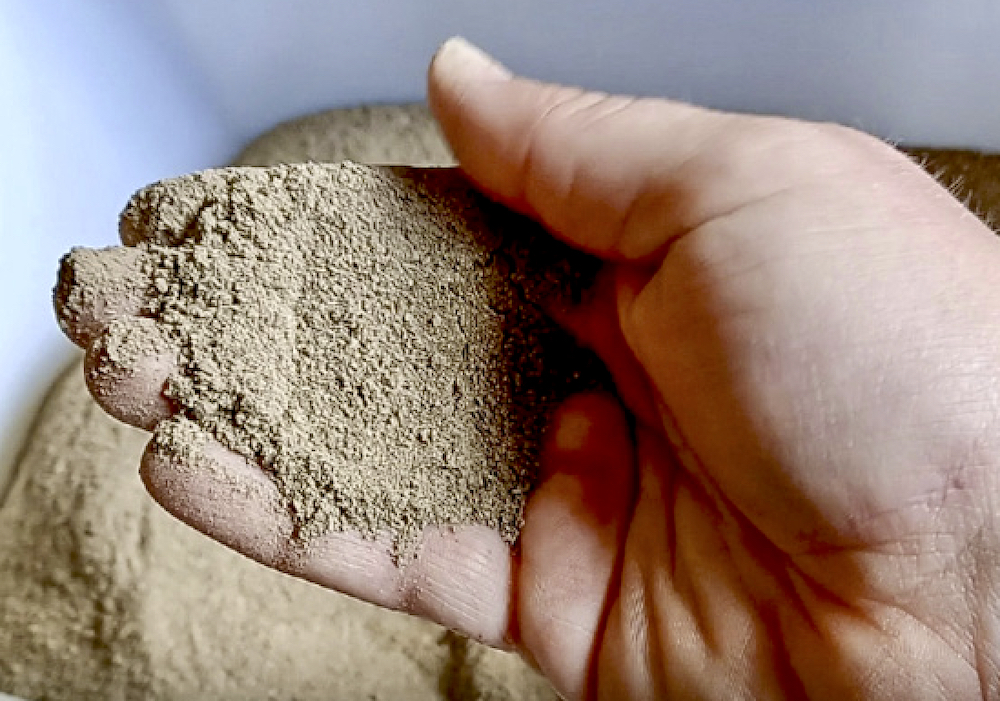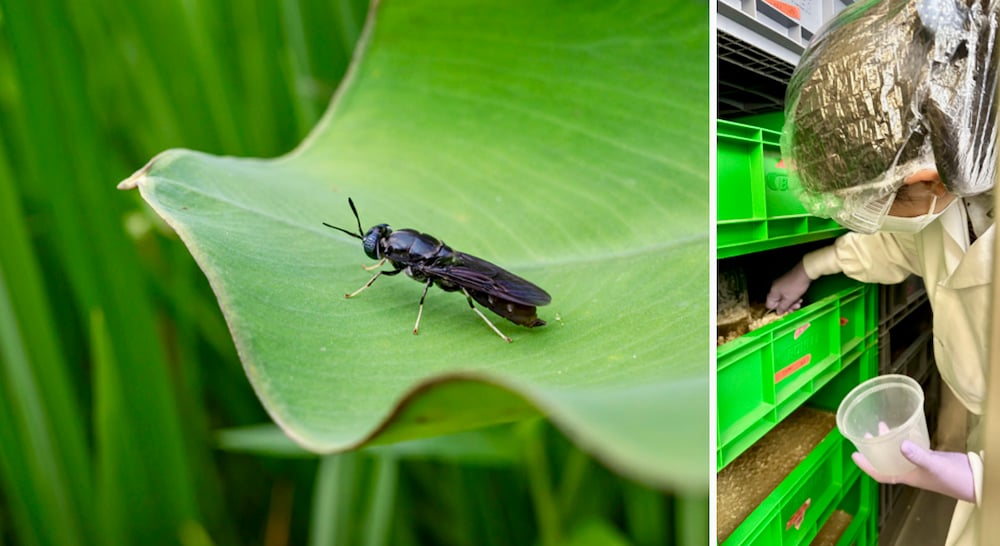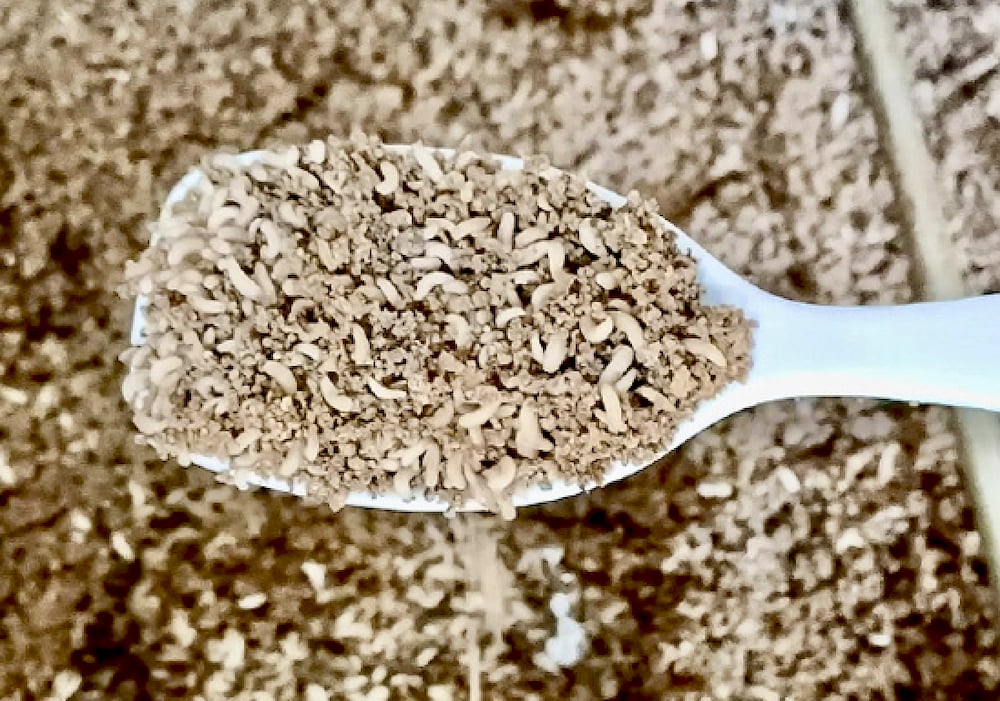Firm wants to turn insects into livestock feed

When thinking of sustainable protein for livestock feed, insects aren’t the first ingredient that comes to mind. But a new facility coming to Saskatchewan aims to change that.
Read Also
Climate-smart agriculture and genomics research hubs receive federal funds
The University of Guelph will co-host two new genomics hubs that will work together to maximize the impact of climate-smart…
In late June, agricultural technology firm NRGene Canada announced that its North American Insect Centre in Saskatoon will open July 30. The facility was developed in collaboration with Swiss technology group Bühler. It aims to continue research and development of soldier fly strains.
Why it matters: A new facility will promote insect protein as a sustainable source for livestock feed.
Masood Rizvi, general manager of NRGene Canada said the choice to put the centre in Saskatoon because of availability of crop byproduct and the number of agriculture companies nearby. Black soldier flies feed on decaying organic matter, making them a popular choice for composting or reducing manure.
By using agricultural byproducts to feed them, NRGene hopes to close part of the nutrient loop.

photo:
NRGene
The flies are a primary focus of research at NRGene. The company has used data analysis and artificial intelligence to develop better genetics — flies with larger larvae or reduced hatch time.
Bühler installed a climate-controlled larvae growth chamber that simulates industrial conditions. So far, it has been used in preliminary trials. Larvae growth and development results have been promising, a June 18 press release said.
The larvae take four days to hatch, spend five days in the nursery and then seven days at agri-waste producers eating before being harvested. From hatch to harvest takes 12 days, according to the company, down from the roughly two weeks seen in other black soldier fly operations.
The original length of a full cycle, from egg to mature fly, is 42-45 days.
The company is still looking to advance and understand the flies. With genomics and phenotyping, they expect to tailor insect lines to customer needs for things like improved feed conversion rates.


photo:
Geralyn Wichers
Andreas Baumann, head of market segment insect technology at Bühler, said the facility will benefit clients. It will offer workshops, training sessions and seminars to educate on the benefits and best practices of insect protein production.
“It will serve as a meeting place for our clients, particularly those from North America, to collaboratively optimize insect plant operation,” he said in the press release. “Together, we can fine-tune both biological and technological aspects.”
Outreach is a secondary purpose of the centre, said Rizvi. The company intends it to be an educational opportunity for interested parties as well as customers. While customers will likely be interested in assessing black soldier fly varieties, operational parameters, and practices for industrial efficiency, other visitors will seek to understand the business concept.
“People want to know more about how we do insect farming, because it’s like another level of farming,” Rizvi said. “So, we want to really make sure that people come from the different industries, or students who want to build an understanding … and if they want to do the workshops, they can.”
Gaining attention
Firms that cultivate black soldier flies for the feed market are popping up internationally. In 2022, Glacier FarmMedia visited one such fly farm in Denmark. That business fed food industry waste to the insects and converted larvae into protein meal.
When dried, larvae can be up to 50 per cent protein.
In terms of regulations, its a comparatively new idea. Rule changes in Canada and Europe have opened the door for insect-based animal feed in the last eight years. Past product approvals in Canada have included pet food and food for fish, hogs and poultry.
A search of feed products registered by the Canadian Food Inspection Agency returns a number of companies with registered products covering black soldier fly larvae or products processed from larvae, such as oil.
Source: Farmtario.com

